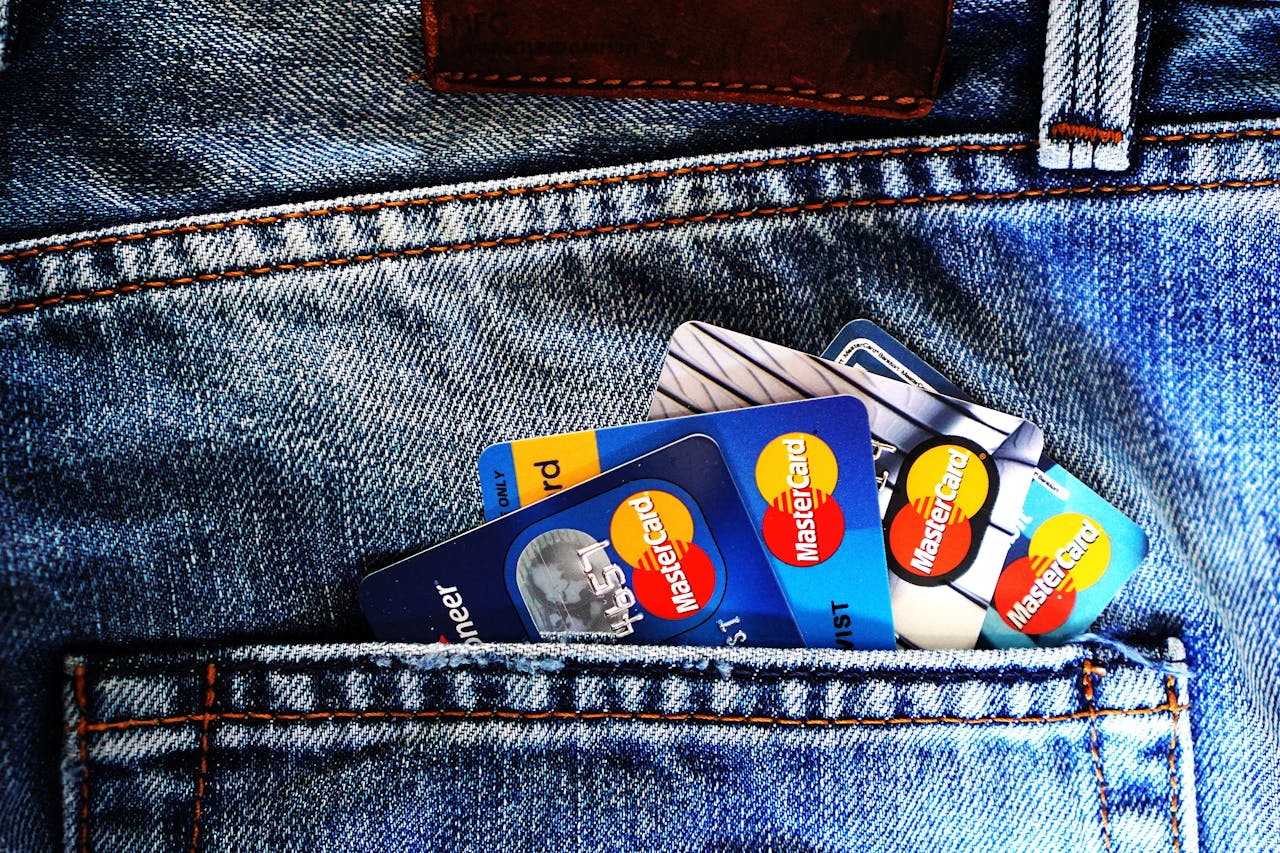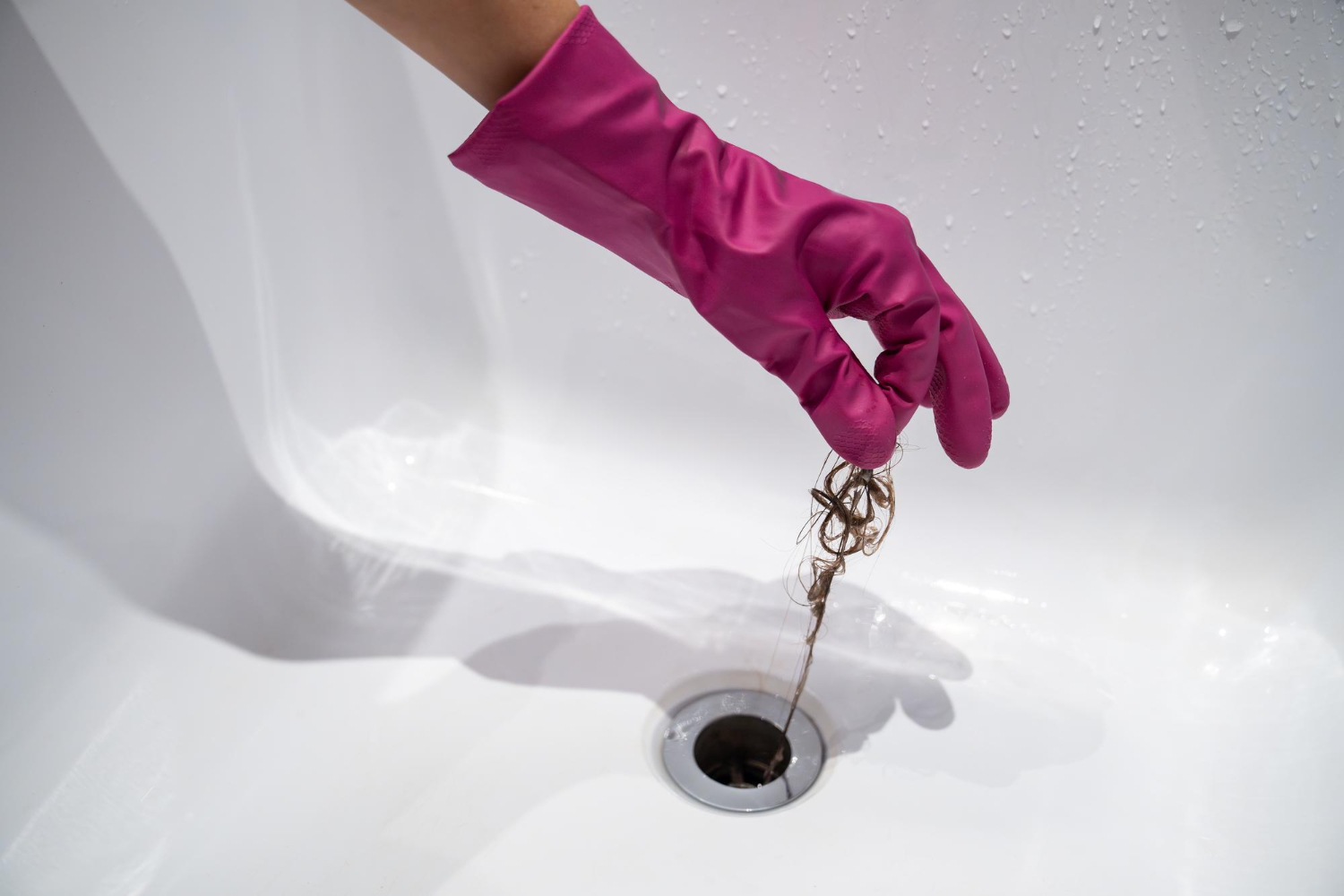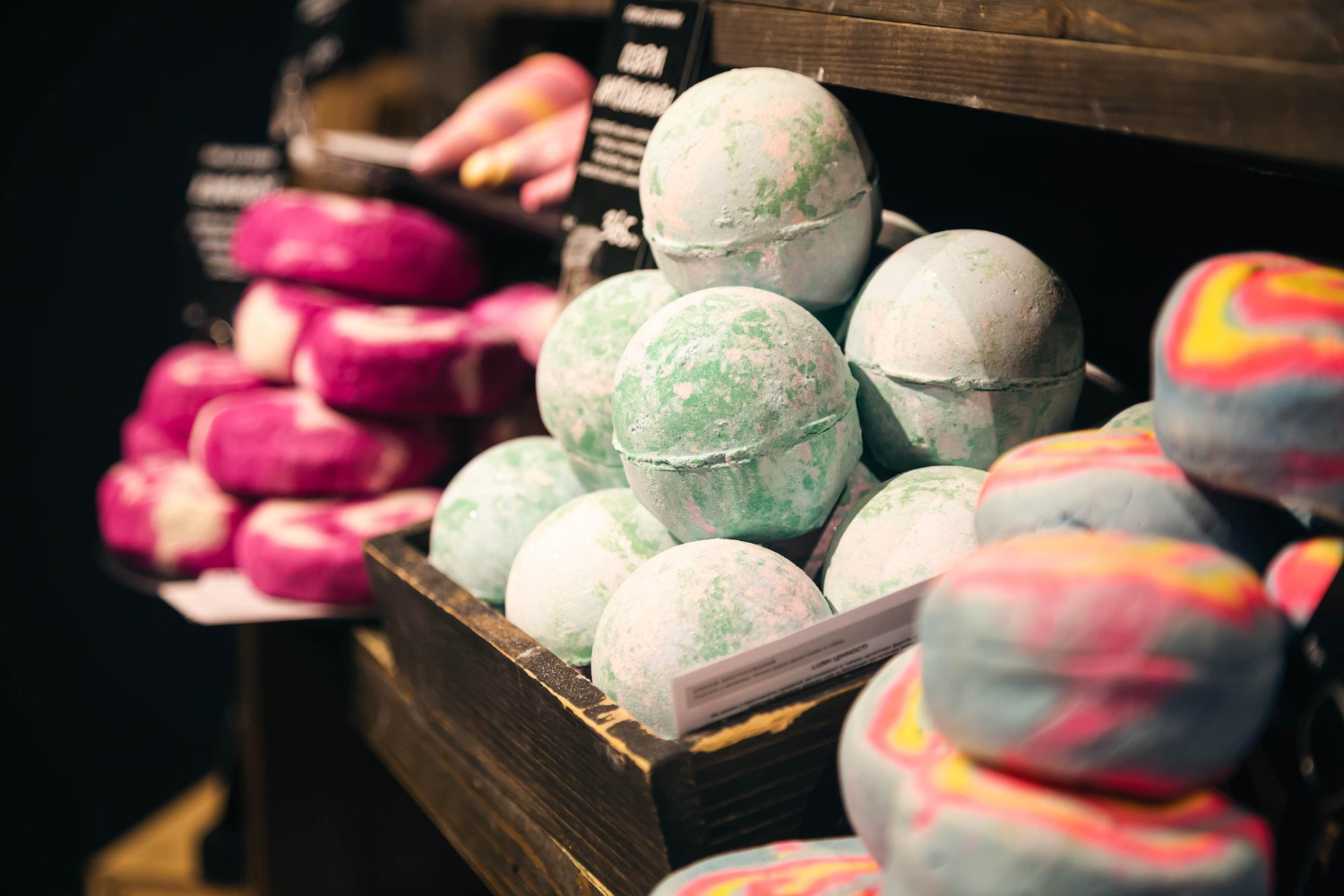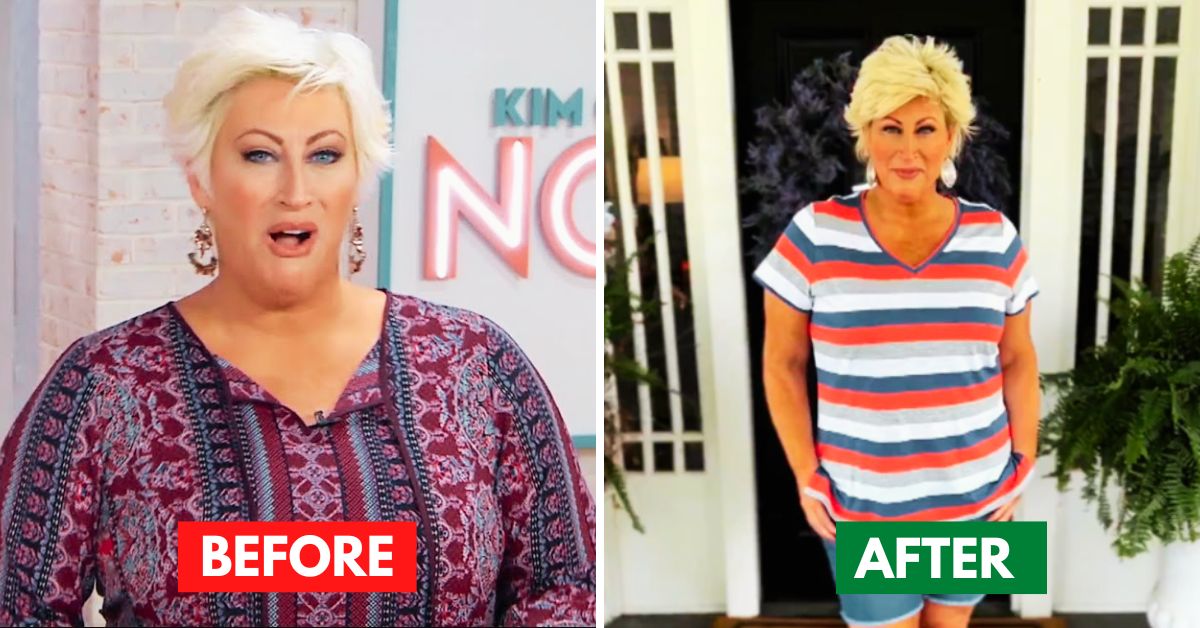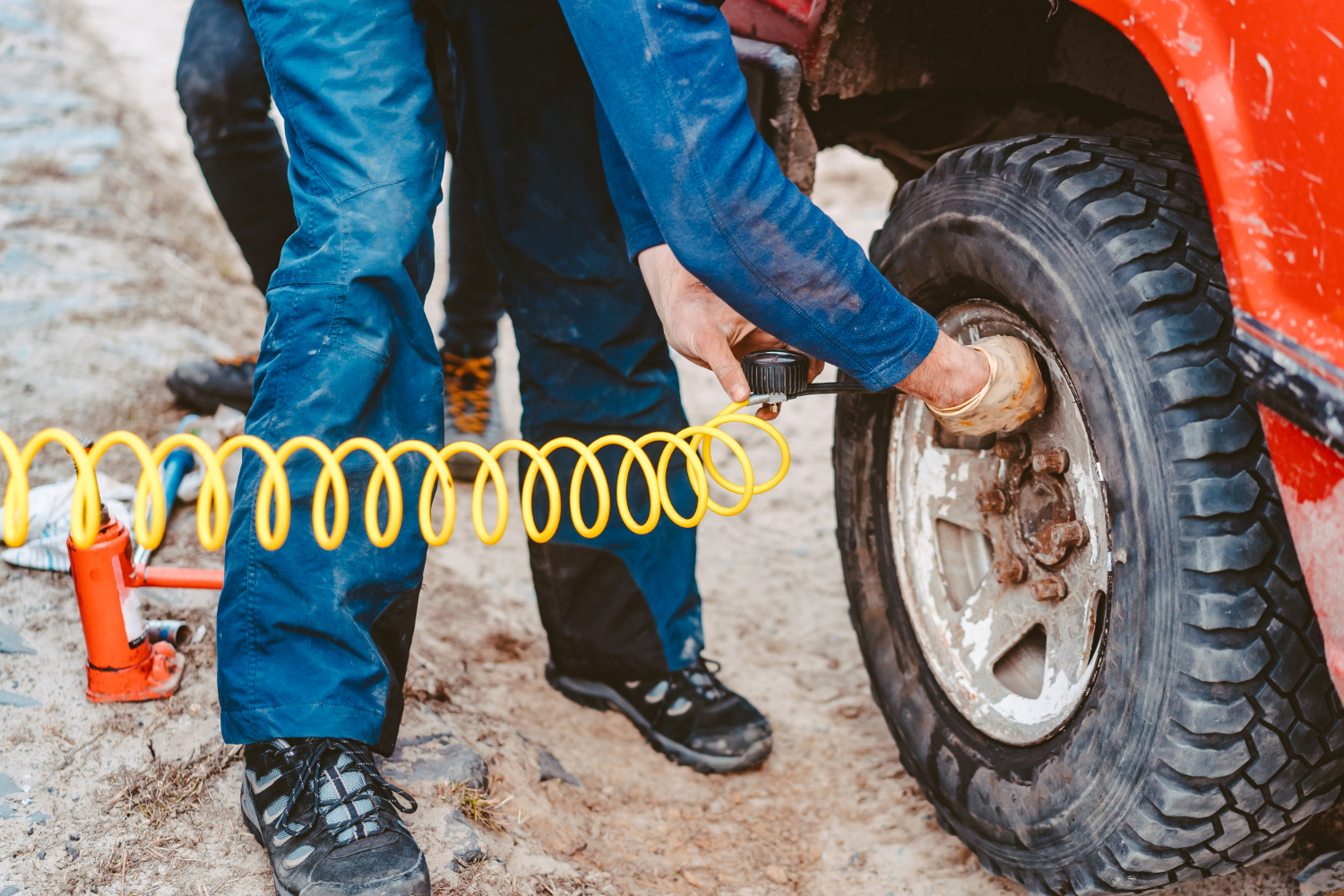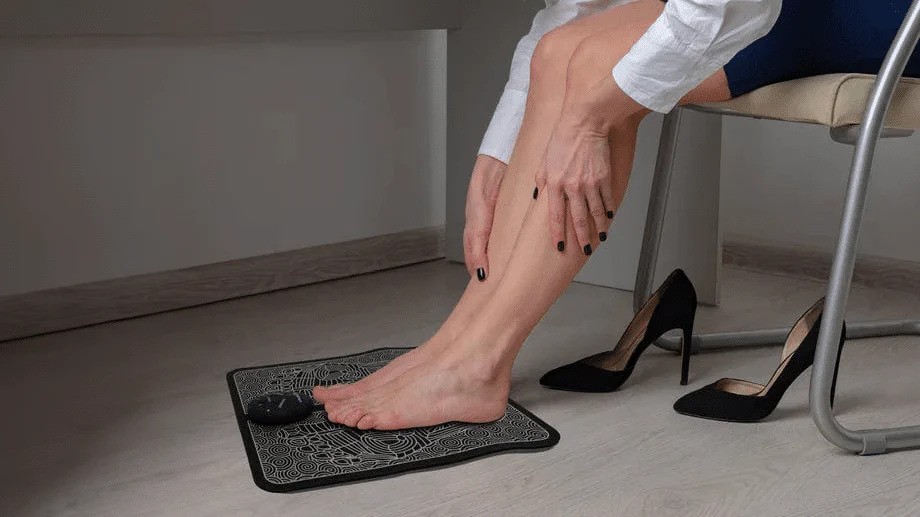We’ve all been there—standing over a stubborn, clogged drain, wondering if bleach might be the magical solution hiding in the back of the pantry. When water stops flowing as it should, frustration can quickly set in, leading many to reach for the nearest quick fix. But is bleach really effective at unclogging drains? Or can it cause more harm than good?
This blog will tackle these questions head-on. You’ll learn when (and if) bleach can help, its risks, safer alternatives, and expert-backed advice for keeping your drains clear in the long run.
What Happens When You Pour Bleach Down the Drain?
Bleach is a powerful chemical disinfectant commonly used for cleaning and sanitizing. It is great for removing stains and killing bacteria, which is why people assume it might have the strength to dissolve clogs.
Here’s what you need to know about how bleach interacts with your plumbing system:
- Bleach dissolves some organic material. Hair, for instance, can break down when exposed to bleach because it’s acidic, while bleach is corrosive and alkaline.
- It doesn’t dissolve grease or solid obstructions. If your clog is caused by soap scum, food particles, or fat buildup, bleach won’t have much effect.
- It’s better as a deodorizer. Bleach can clear out unpleasant odors in your pipes, but it won’t clear significant clogs blocking the flow of water.
Why Bleach Isn’t a Drain-Clogging Cure-All
It’s important to understand that most clogs form from grease, soap residue, or larger items like food scraps or wipes. Bleach lacks the strength needed to break down these types of blockages effectively.
Can Bleach Unclog a Drain? The Straight Answer
The short answer is no—or at least, not most of the time. While bleach may help with light organic clogs (like hair or slight grime), it is generally not effective against deep or severe blockages.
Here’s why:
- Bleach is designed to sanitize, not dissolve solid materials (except hair in some cases).
- Its corrosive properties can pose a risk to your pipes, especially older ones made of plastic or metal.
- Plumbing experts often discourage using bleach for clogged drains because of its limited effectiveness and potential for damage.
Instead of pouring bleach, consider it a tool for deodorizing fresh, clean pipes rather than one for fixing existing clogs.
The Risks of Using Bleach on Drains
Pouring bleach into your drain might seem harmless, but it comes with potential downsides.
Pipe Damage
Bleach is strong enough to corrode certain materials over time. While modern PVC pipes may resist damage, older metal or composite pipes can suffer cracks or wear from repeated exposure.
Harmful Fumes
Bleach produces strong fumes that can irritate your eyes, lungs, or skin. Combining bleach with other chemicals, such as ammonia or acidic cleaners, can result in toxic gases.
Environmental Impact
Bleach can negatively affect wastewater systems, harming beneficial bacteria used for water treatment. Large amounts of bleach can also disrupt ecosystems if it reaches streams or water sources.
Better and Safer Alternatives to Bleach for Unclogging Drains
Now that you know bleach isn’t the ideal solution for a clogged drain, here are more effective and safer options you can try.
Natural DIY Solutions
These eco-friendly methods are gentler on your pipes and the environment:
1. Baking Soda and Vinegar
- Pour ½ cup of baking soda into the clogged drain.
- Follow with ½ cup of vinegar.
- Cover the drain and wait 30 minutes before flushing with hot water.
2. Hot Water Flush
- Boil a pot of water and carefully pour it down the drain in stages, allowing it to loosen grease and soap residue.
3. Salt and Baking Soda
- Mix ½ cup of salt with ½ cup of baking soda.
- Pour the mixture into the drain, followed by a pot of boiling water after 15 minutes.
Mechanical Tools
When natural solutions don’t suffice, try these hands-on tools:
- Plunger: Create a seal over the drain and plunge to loosen the clog.
- Drain Snake: Use a drain snake to reach deeper blockages and manually pull them out.
- Plumbing Hook or Hanger: Straighten a wire hanger into a hook to fish out hair or other debris.
Enzymatic Cleaners
For organic clogs (like hair or food particles), enzyme-based cleaners use natural bacteria and enzymes to break down debris without harming your pipes.
When Is It Okay to Use Bleach on Your Drain?
While bleach isn’t suitable for unclogging drains, there are instances when it can be useful for maintenance purposes, such as sanitizing or deodorizing.
Safe Steps for Using Bleach in Drains
- Dilute the bleach. Use 1 cup of bleach mixed with a gallon of water.
- Pour carefully. Slowly pour the solution down the drain to avoid splashing.
- Flush thoroughly. Follow with a generous amount of hot water to wash away residue.
However, use bleach sparingly and only to clean drains that are not clogged.
How to Prevent Future Clogs
One of the best ways to deal with clogged drains is to prevent them altogether. Regular maintenance can go a long way in keeping your plumbing smooth and hassle-free.
Tips for Preventing Drain Clogs
- Use drain catchers in sinks and showers to stop hair and food residue from entering your pipes.
- Avoid pouring grease or oils down the sink; instead, dispose of them in a sealed container.
- Regularly flush drains with hot water or natural solutions like vinegar and baking soda.
- Schedule a professional drain cleaning once a year, especially for older homes.
What’s the Best Solution?
Bleach might seem like a quick fix, but it often falls short when dealing with clogs. For better results, try natural DIY methods, mechanical tools, or enzymatic cleaners, which are safer and more effective. And for stubborn or recurring issues, don’t hesitate to call in a professional plumber.
FAQs
Can you use bleach to unblock a drain?
Bleach can only help with minor organic blockages but isn’t recommended as a reliable solution for clogs. Look to alternative methods for better results.
Is bleach or vinegar better for drains?
Vinegar mixed with baking soda is more effective and safer for breaking down clogs, while bleach is only good for deodorizing and low-level cleaning.
How can I unclog a deep drain clog?
Deep clogs typically require a plumbing snake or professional help. Natural methods like baking soda and vinegar might also help, depending on the severity.
How much bleach should I use to unclog a drain?
If you decide to try bleach, use no more than 1 cup diluted in water and always flush with plenty of hot water afterward.

